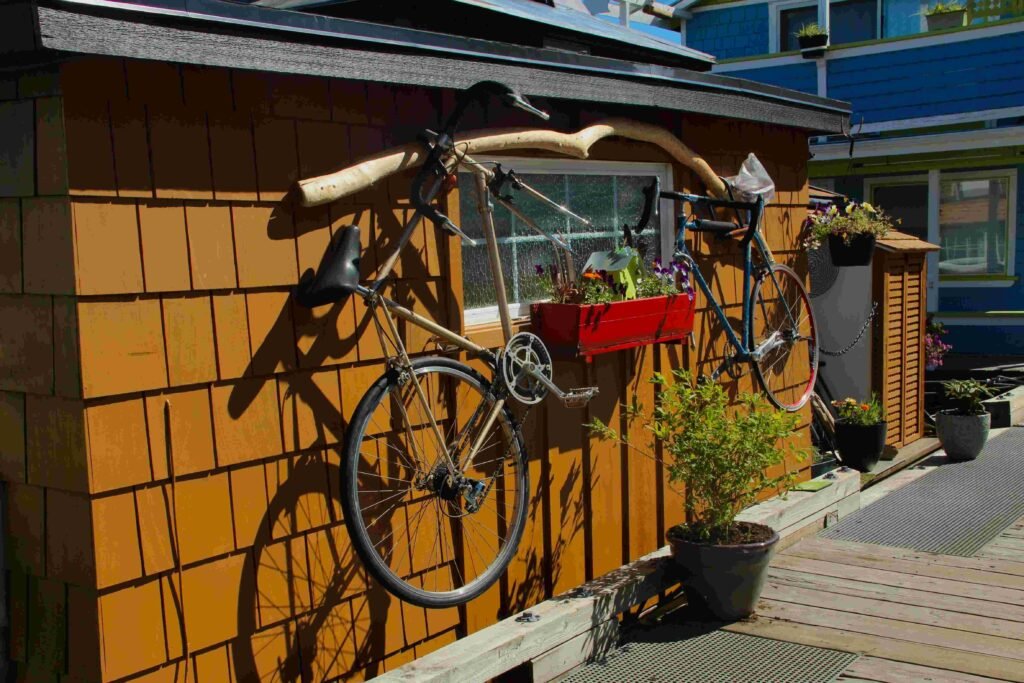Modern Lifestyle Trends in the UK
The lifestyle habits of people in the United Kingdom have undergone significant changes over the past decade. While some traditions hold steadfast, innovations in technology, shifts in societal values, and challenges like economic uncertainty have catalysed a major transformation in how people live, work, and enjoy their time. In this article, we’ll explore some of the most prominent modern lifestyle trends shaping the UK today.
Remote Work Culture
The shift towards remote and hybrid working models has been one of the most noticeable changes in recent years. While the COVID-19 pandemic played a major role in accelerating this trend, remote work has now become a long-term preference for many. Employees across the UK enjoy the flexibility to work from home, reducing commuting time and costs while achieving a better work-life balance. Companies have adapted by redesigning offices into collaborative spaces for occasional use, investing in digital communication tools, and implementing policies to ensure their employees’ well-being in a virtual working environment.
Focus on Sustainability
Environmental consciousness has grown dramatically among UK citizens. More people are adopting sustainable lifestyle practices, such as reducing plastic waste, transitioning to plant-based diets, and supporting eco-friendly products and services. Electric vehicles (EVs) have surged in popularity, influenced by governmental policies and incentives. Businesses are under even greater public scrutiny, compelling them to adopt greener operations. From the boom in second-hand clothing to individuals embracing ‘zero waste’ movements, sustainability is no longer a niche interest—it is now a mainstream way of life.
Rise of Wellness and Mindfulness
Modern life for many in the UK includes a strong focus on physical and mental well-being. Fitness trends like yoga, pilates, and high-intensity interval training (HIIT) have become household favourites. Beyond physical fitness, mindfulness practices such as meditation, journaling, and gratitude exercises have also gained immense popularity. Mental health awareness campaigns and efforts to destigmatise mental health challenges have been instrumental in encouraging more people to seek therapy or access support if needed. Gyms, wellness studios, and even digital apps tailored to wellness exemplify how wellness now infiltrates every aspect of modern life.
Digital Integration into Daily Life
The integration of technology into daily life in the UK has reached unprecedented levels. From smart home devices like voice-controlled assistants to subscription services for streaming, technology is shaping every corner of home life. The rise of personalised online experiences, from fitness apps offering customised workout plans to telemedicine consultations, demonstrates a culture of convenience and connectivity. Social media platforms also play an irreplaceable role, influencing consumer behaviours, connecting communities, and even setting cultural trends.
Cultural Fusion in Food and Drinks
The UK’s culinary landscape reflects the multicultural makeup of the nation. International flavours, fusion dishes, and experimental dining experiences are trending profoundly. Food delivery services and apps have kept up with this cultural shift, offering a host of global cuisines that cater to increasingly adventurous palates. Meanwhile, the rise of plant-based food options shows how dining habits are evolving to reflect ethical considerations. At the same time, the popularity of craft beer, artisanal cocktails, and locally sourced ingredients reveals that a preference for quality and authenticity has strengthened.
Minimalism and Conscious Living
A counterpoint to consumerism, the minimalism movement in the UK focuses on intentional living and a ‘less is more’ philosophy. Many people are decluttering their homes, reducing spending on material possessions, or investing in high-quality, long-lasting products. Documentaries, books, and influencers have helped spread awareness of this lifestyle choice, which resonates with people seeking emotional clarity, financial independence, and environmental stewardship. As a result, minimalism—once considered extreme—has become an aspirational standard.

Increased Urbanisation Paired with Rural Escapism
Urban environments in the UK continue to attract younger generations with their bustling cultural scenes, job opportunities, and vibrant social life. Cities like London, Manchester, and Edinburgh remain hubs of activity and innovation. However, there is also a growing movement towards rural living, especially among families or retirees looking for slower-paced lifestyles. The appeal of open spaces, affordability, and remote working capabilities allow individuals to stay connected to careers while embracing countryside solitude.
Changing Entertainment Habits
Finally, the way people in the UK consume entertainment has seen dramatic shifts. While traditional television remains relevant, streaming platforms like Netflix, Disney+, and Amazon Prime dominate evening routines for younger generations. Gaming, from casual mobile apps to immersive console experiences, is another booming market. Live events, including festivals, concerts, and theatre performances, have returned with immense demand following their hiatus during the pandemic. Entertainment choices increasingly reflect individual preferences, enabled by the abundance and accessibility of digital platforms.
The trajectory of lifestyle trends in the UK showcases a fascinating blend of modernity and tradition, shaped by technological innovation, environmental priorities, and cultural inclusivity. These trends illustrate how individuals continually adapt to changing circumstances while prioritising what matters most—connection, well-being, and the planet.











